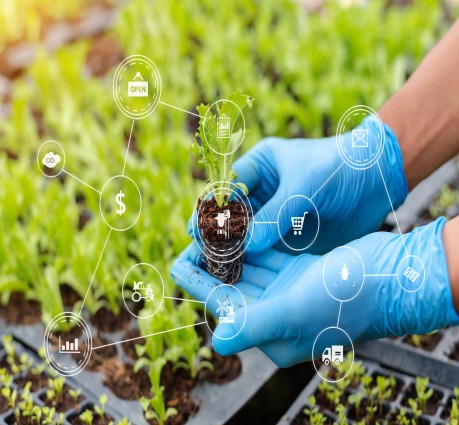The M.Sc. (Ag.) in Agricultural Economics at Rabindranath Tagore University is a two-year post-graduate programme that gives students an in-depth understanding of Micro-Economics, Macro-economics, Evolution of Economic Thought, Costs Concepts, Production Function, Agricultural Marketing & Price Analysis, Research Methodology for Social Science, Econometrics, Linear Programming, Agricultural Finance, Crop Insurance & Project Management. Agricultural Economics deals with exploring the link between Agriculture and the Economy. It describes how societies use available resources to meet the needs of people. Agricultural economists study agriculture in a business context with social welfare in mind, which involves where and how products are produced, consumed, financed, marketed, processed, regulated, researched, taxed, and exported wherever and whenever possible.
Duration of programme
Level of Study

Know the current concept of Costs and Crop Insurance.
Agricultural Price Policies Population Impact Study
Understand the role of Research Methodology in Social Science.
Research for Sustainable Agriculture Development
B.Sc. in (Agriculture/Forestry/Horticulture), or any other relevant equivalent degree
SC/ST/OBC/GEN- 50%